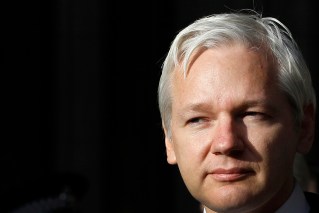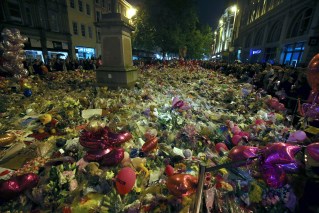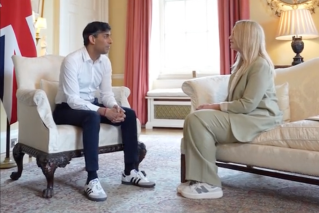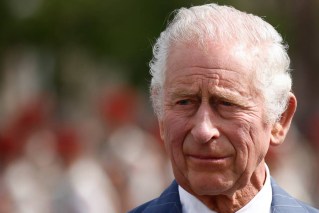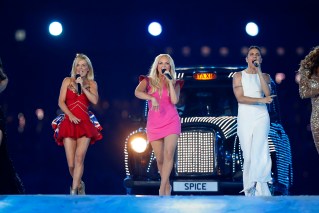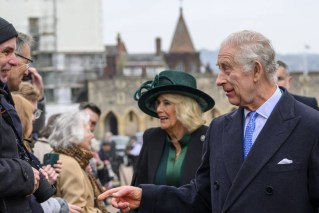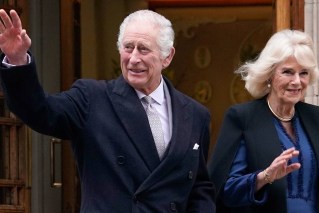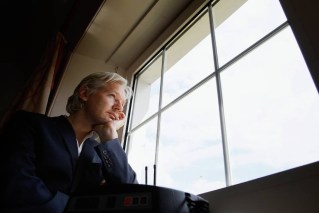British gas price sparks food shortage fears
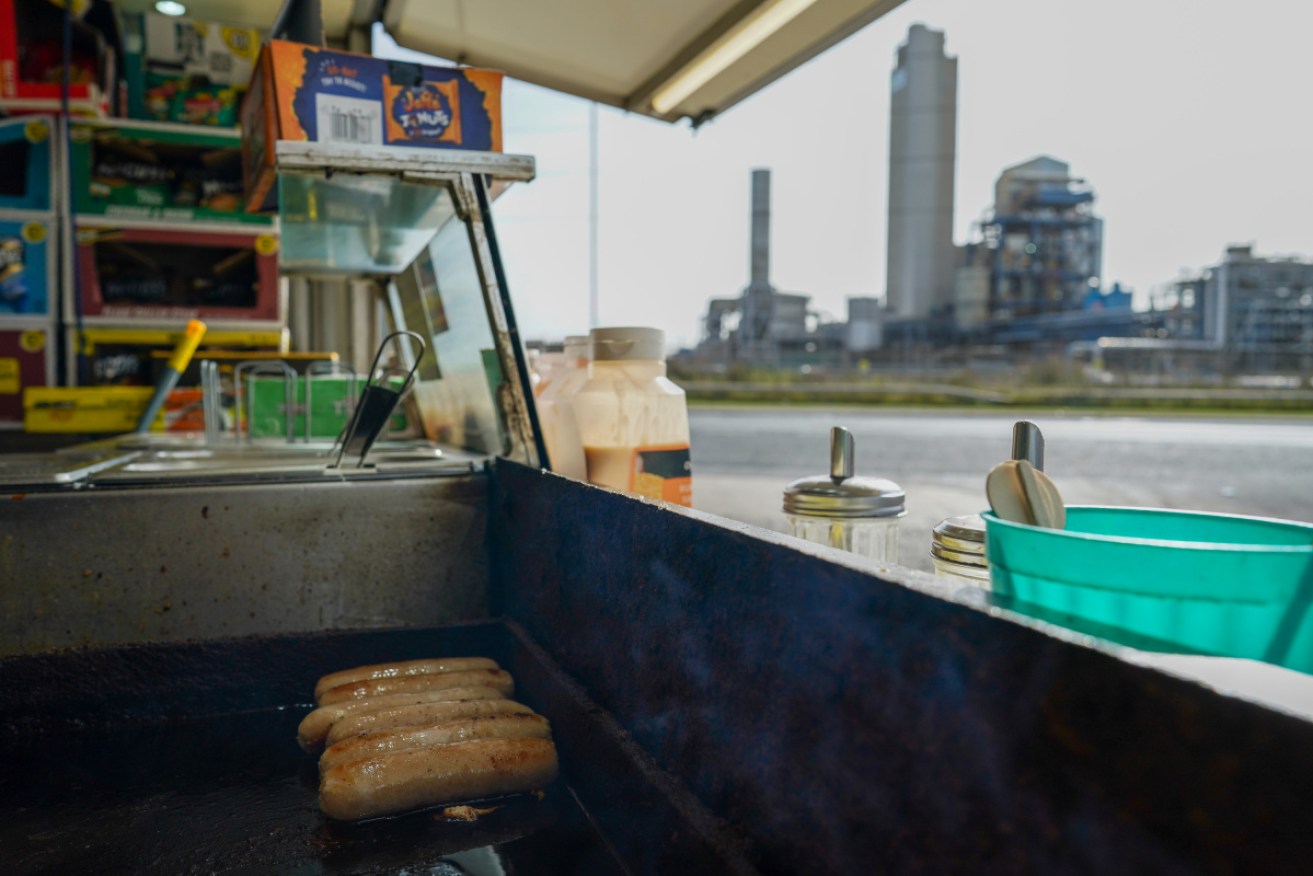
A roadside grill in the shadow of a CF Industries plant – with Britain staring at a looming gas shortage. Photo: Getty
The British government is racing to avert shortages of meat, poultry and packaged foods amid a crisis in the food processing industry triggered by soaring energy costs.
Business Secretary Kwasi Kwarteng said on Tuesday (local time) that he hoped to reach a deal with Britain’s primary supplier of food-grade carbon dioxide to restore supplies of the gas that is used to stun animals before slaughter, preserve fruits and vegetables before packaging and put the fizz into carbonated beverages.
Mr Kwarteng is in talks with CF Industries, which halted operations at its British plants last week due to high natural gas prices.
“We’re hopeful that we can get something sorted today and get the production up and running in the next few days,” he told the BBC.
“It may come at some cost. We’re still hammering out details. We’re still looking at a plan.”
Four small energy providers have failed in recent months and the British government is in talks with larger businesses to ensure that gas and electricity keeps flowing to customers this winter if any other suppliers collapse.
The squeeze on Britain’s food processing industry is among the most visible impacts of a spike in natural gas prices as the global economy recovers from the COVID-19 pandemic – boosting demand for energy.
Wholesale gas prices have tripled this year in Britain.
The government is also under pressure to protect consumers from spiraling energy costs at a time when the fallout from the pandemic is already putting household budgets under strain.
Energy prices for many consumers will rise next month after regulators approved a 12 per cent increase in the price cap for 15 million customers who don’t have long-term contracts.
That comes after Britain’s annual inflation rate jumped to 4.1 per cent last month, the highest in almost a decade.
CF, which generates carbon dioxide as a byproduct of making fertiliser, announced on September 15 that it was halting production at two plants in Britain.
The company said it had no estimate for when production would resume.
Mr Kwarteng said the government was discussing a range of options to bolster carbon dioxide supplies, including subsidising production at CF.
Unless there was a deal soon, shoppers would begin to notice shortages “in about 10 days”, said Ian Wright, chief executive of the Food and Drink Federation.
The just-in-time supply system that underpins supermarkets and the hospitality industry “is under the most strain it has ever been in the 40 years it has been there”, Mr Wright told the BBC.
“It is a real crisis.”
Poultry and pork production are likely to begin declining by the end of this week.
Richard Griffiths, chief executive of the British Poultry Council, said 20 million birds were grown and slaughtered each week, the majority of them chickens.
“It will be a real challenge if there is a shortage of CO2 to the point that slaughterhouses cannot process the birds,” he said.
“That is really the worst-case scenario, which is why we are so hopeful that the government can step in here.”
-AAP

